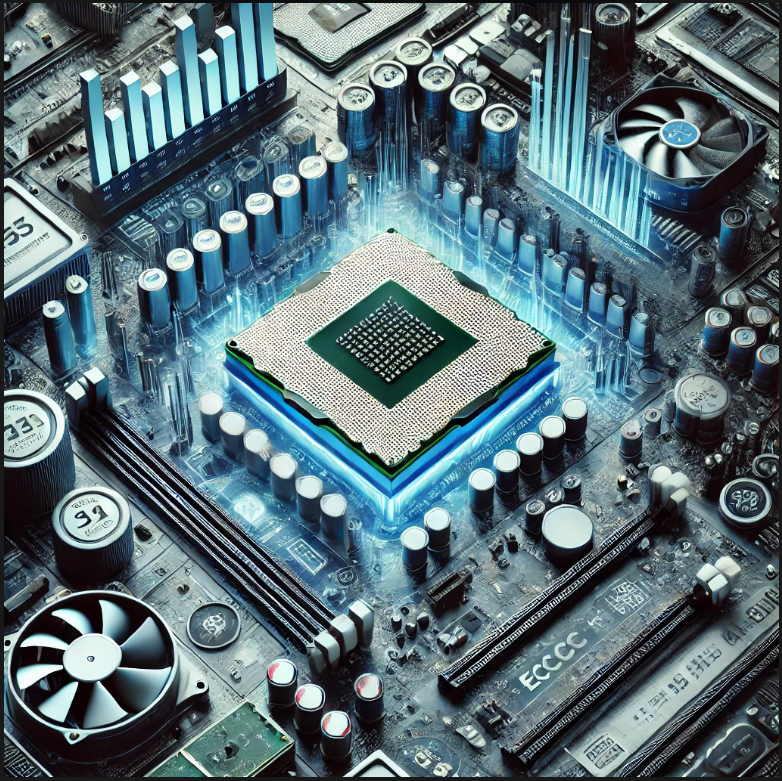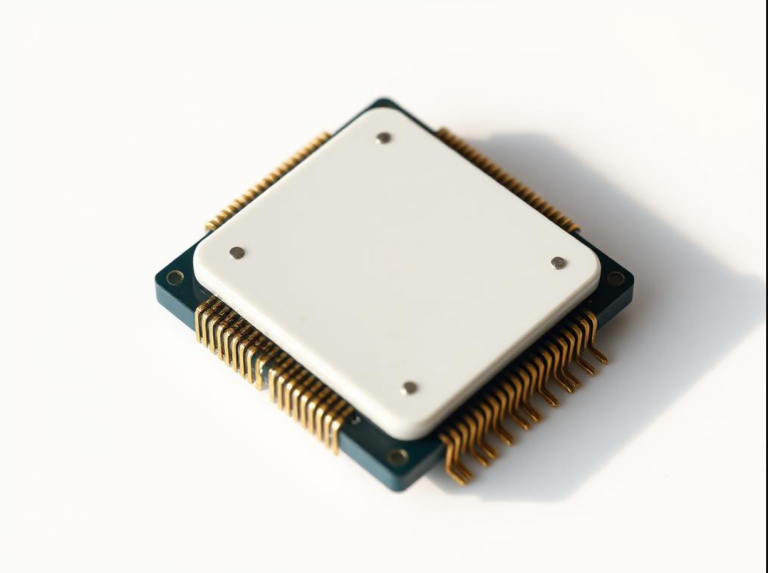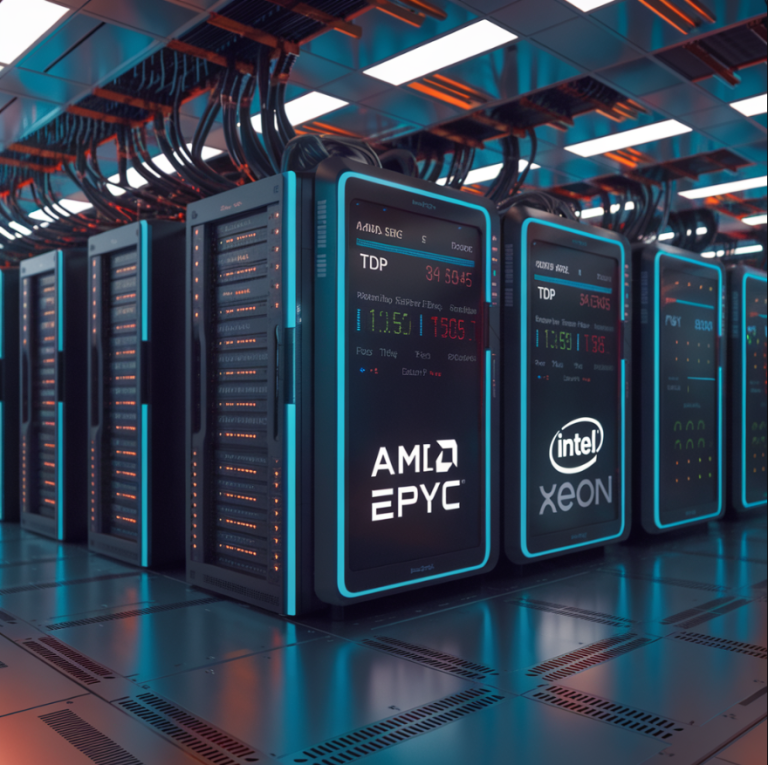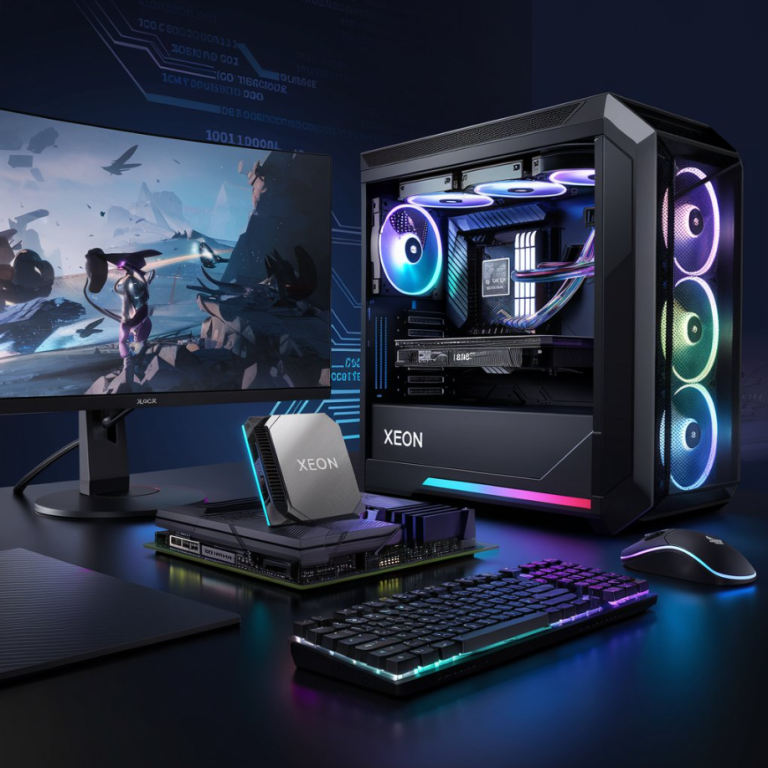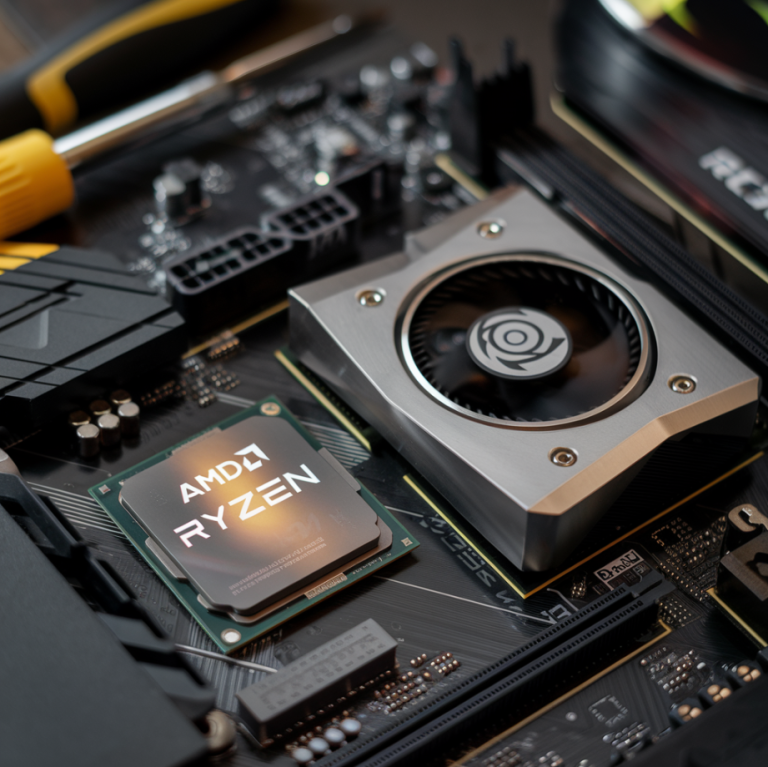How to Choose the Best Used CPU Processors for Your Needs:
Used CPU processors are pre-owned central processing units that users sell or recycle after upgrading their systems. These processors remain a popular choice for those looking to enhance their computing power at a lower cost. Whether you’re a gamer, a computational scientist, or simply upgrading your office workstation, understanding the ins and outs of used processors can save time and money.
Benefits of Used CPU Processors:
1. Cost Efficiency:
Used CPUs are a budget-friendly way to upgrade your computer hardware. For instance, purchasing a pre-owned Ryzen processor offers excellent performance for tasks like rendering (computer graphics) or running machine learning models.
2. Sustainability:
Buying used contributes to reducing energy consumption and electronic waste. By extending the lifecycle of a semiconductor-based component, you contribute to sustainable computing practices.
3. Access to High-Performance Chips:
Used processors, such as AMD’s EPYC or older Intel Xeon models, are ideal for tasks like real-time computing, computational science, or powering supercomputers on a budget.
If you’re interested in exploring alternative types of processors, such as ceramic CPUs, which offer excellent durability and heat resistance, you can read more about their history and applications in our detailed guide on ceramic CPUs.
Factors to Consider Before Buying Used CPUs:
1. Performance Benchmarks:
Before purchasing, compare the CPU’s performance using tools like Geekbench, PassMark, or Prime95. These benchmarks evaluate capabilities such as out-of-order execution and multi-threading, ensuring the processor meets your needs.
2. Condition and Compatibility:
- Inspect the computer hardware for physical damage.
- Verify that the CPU is compatible with your computing platform and kernel (operating system).
- Ensure it matches your system’s power supply unit (computer) requirements and motherboard socket.
3. Usage History:
Ask about the CPU’s prior use. Was it part of a minicomputer, embedded system, or gaming setup? This helps assess potential wear and lifespan.
Key Components of CPUs:
Modern processors rely on a combination of essential technologies:
- Cache (computing): Enhances data access speed, crucial for applications like real-time computing and machine learning.
- ECC Memory: Ensures error-free operations, especially in critical systems like access control or computational science projects.
- Transistor and Silicon Technology: The backbone of CPUs, these semiconductor materials power advanced features like task-specific cores and virtualization.
- Von Neumann Architecture: Forms the structural basis for many modern processors, influencing data storage and instruction execution.
Applications of Used CPU Processors:
Used CPUs are suitable for a range of tasks, including:
1. Gaming:
Pairing a used processor with a decent GPU enhances gaming performance for popular titles. Tools like Task Manager (Windows) can monitor usage during gameplay.
2. Rendering and Simulation:
For professionals in rendering (computer graphics) or computational science, high-core CPUs like AMD’s Ryzen or EPYC offer remarkable multitasking capabilities.
3. Embedded Systems:
Processors from older systems often find new life in embedded systems, such as industrial machines or real-time computing platforms.
4. Supercomputing:
High-performance used CPUs can even contribute to supercomputer builds for research or algorithm training in machine learning.
Risks of Used CPU Processors:
While used CPUs are cost-effective, they come with risks:
- Security Vulnerabilities: Older processors might be susceptible to exploits (computer security) if not updated.
- Limited Lifespan: Overuse can strain components like the computer fan, leading to overheating. Tools like HWMonitor can help track temperature and performance.
- Compatibility Issues: Outdated processors might not support newer libraries (computing) or operating system updates.
How to Test and Optimize Used CPUs:
- Run Benchmarks: Use tools like Linpack Benchmarks, Geekbench, or Prime95 for stress testing.
- Monitor Performance: Check metrics like energy consumption and temperature with HWMonitor.
Upgrade Peripherals: Pair the CPU with sufficient computer data storage and robust cooling solutions.
FAQs:
What Is a CPU Processor Used For?
A CPU (Central Processing Unit) is responsible for executing instructions, processing data, and running all the programs on a computer. It’s the core component that enables applications, gaming, and multitasking.
Used CPU Processors for Sale?
Used CPU processors are available on platforms like eBay, Amazon Renewed, and local tech stores. Always check for reputable sellers offering tested and warranty-backed CPUs.
Are Used CPUs Good?
Yes, used CPUs can be a great option if they are tested and in good condition. They are often a cost-effective solution for upgrading your system without sacrificing performance.
What Is the Most Used CPU?
Intel Core i5 and AMD Ryzen 5 series processors are the most used CPUs globally, as they offer a balance of performance and affordability for most users.

